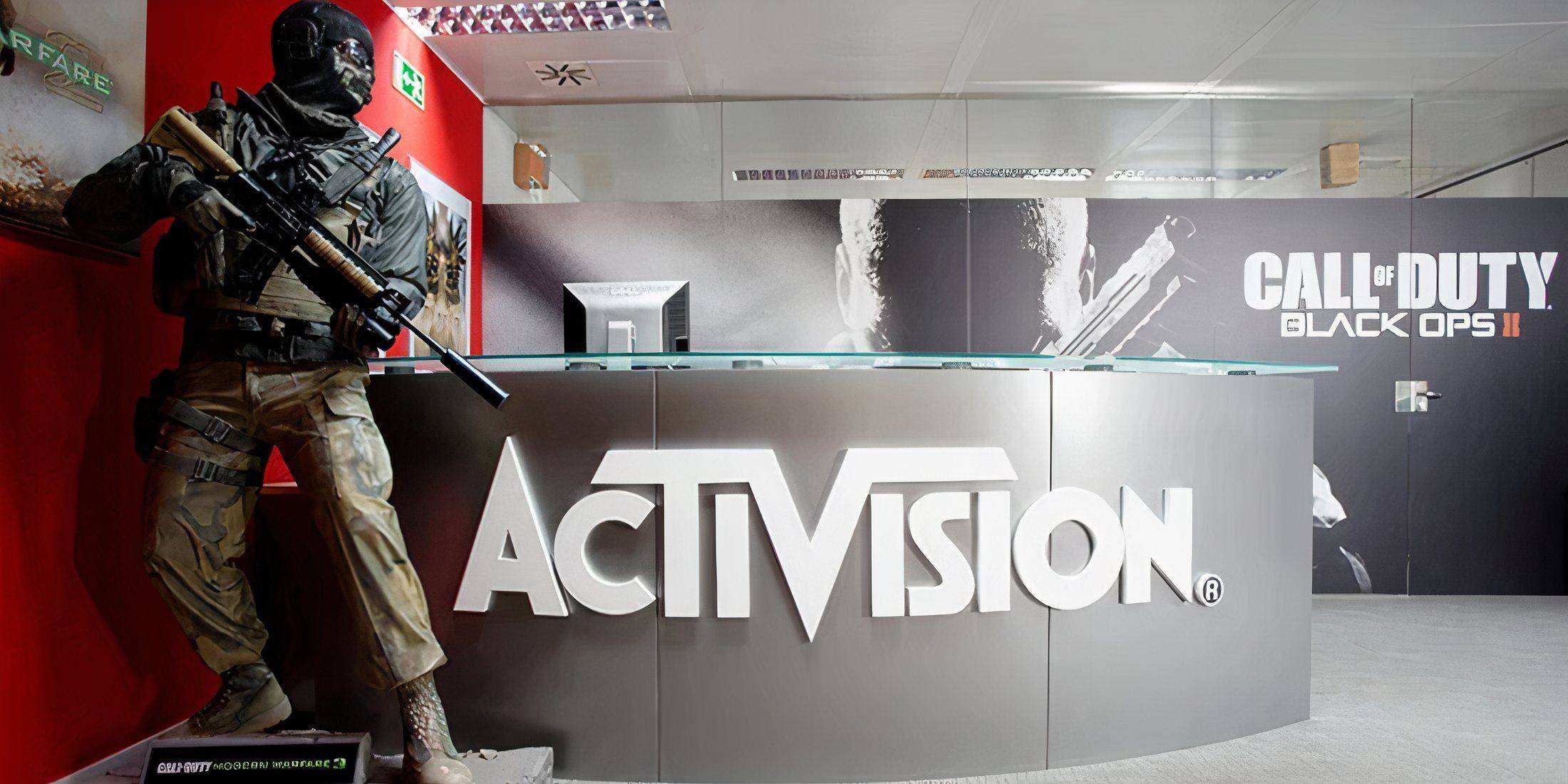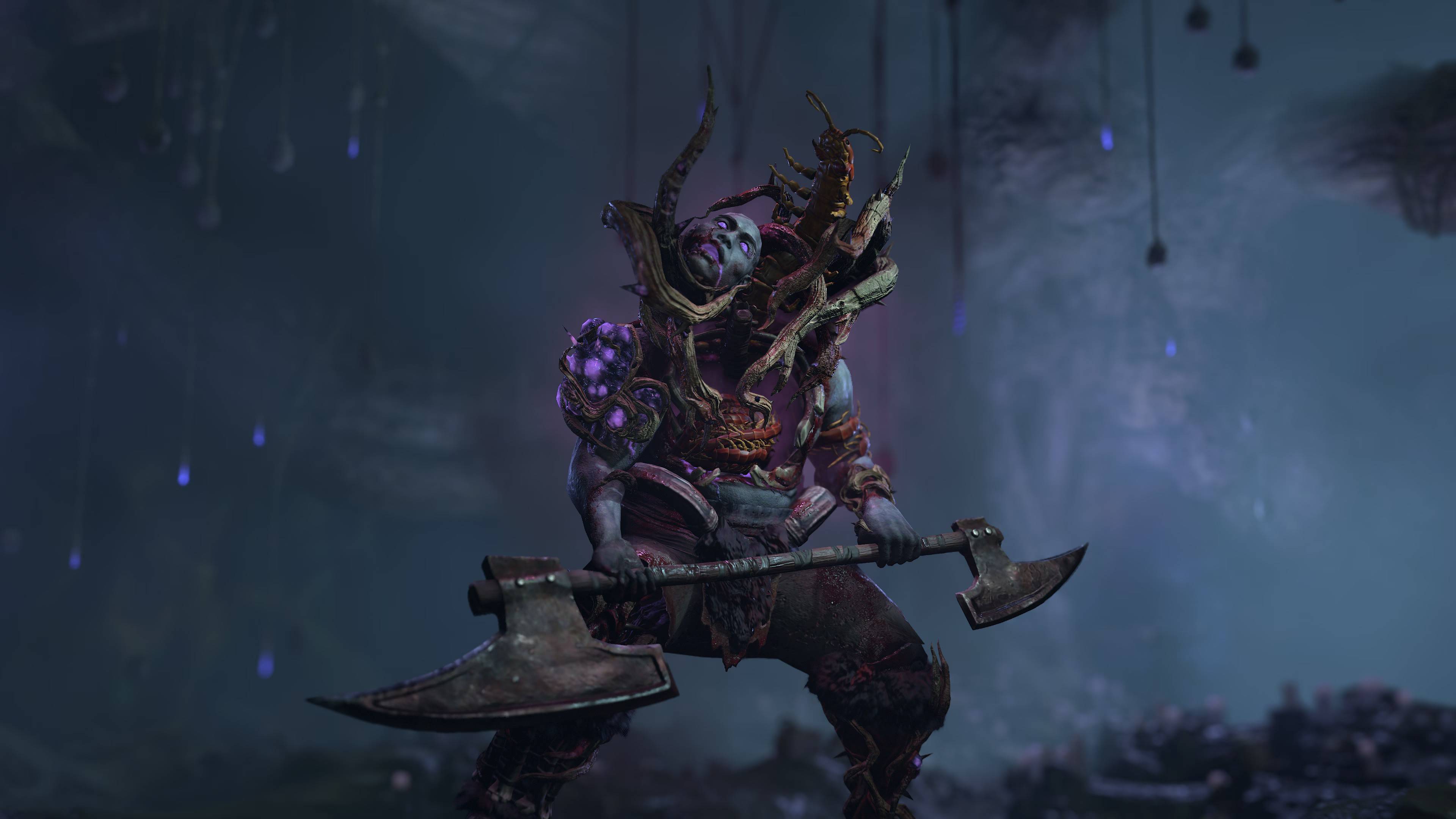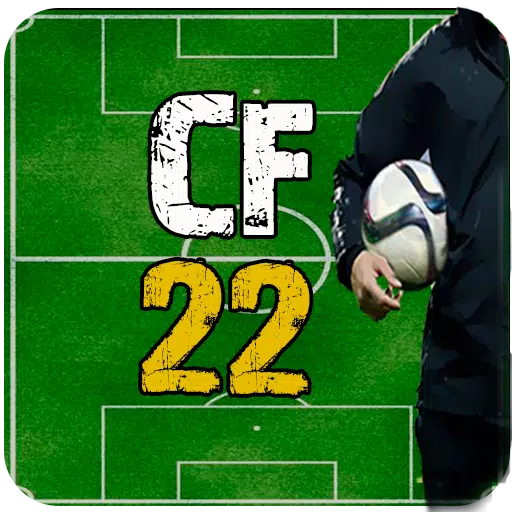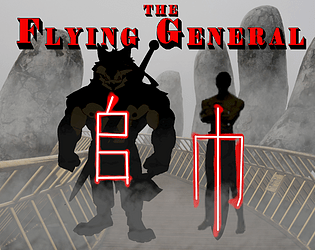Activision Defends in Call of Duty Lawsuit Over Uvalde Shooting

Summary
- Activision denies allegations linking Call of Duty to the Uvalde tragedy and defends the franchise's content as protected by the First Amendment.
- The company's defense includes expert declarations refuting claims that the game serves as a "training camp for mass shooters."
- Uvalde families have until late February to respond to Activision's submitted documentation in the ongoing lawsuit.
Activision has mounted a robust defense against lawsuits filed by families affected by the tragic Uvalde school shooting in 2022. These lawsuits, initiated in May 2024, assert that the shooter was influenced by the violent content within Activision's Call of Duty series.
The Robb Elementary School shooting on May 24, 2022, claimed the lives of 19 children and two teachers, with 17 others injured. The shooter, an 18-year-old former student, was an avid Call of Duty player, having downloaded Modern Warfare in November 2021. He used an AR-15 rifle similar to one featured in the game. The lawsuit also implicated Meta, claiming that Instagram connected the shooter with firearm manufacturers, exposing him to ads for weapons like the AR-15, which he ultimately purchased. The families argue that both Activision and Meta fostered an environment that exploited vulnerable, impressionable adolescents, indirectly promoting violent behavior.
According to Game File, Activision responded to the California lawsuit with a 150-page defense submitted in December. The company rejected all allegations and maintained that no direct link exists between Call of Duty and the Robb Elementary tragedy. Activision sought dismissal of the lawsuit under California's anti-SLAPP laws, designed to safeguard free speech from legal harassment. In another filing, the publisher underscored that Call of Duty is an expressive work protected by the First Amendment, contending that claims against the game's "hyper-realistic content" infringe upon this right.
Activision Defends Call of Duty in Uvalde Lawsuit
In bolstering its defense, Activision included a 35-page declaration from Notre Dame professor Matthew Thomas Payne, who argued that Call of Duty aligns with the tradition of military realism found in war films and TV, rather than serving as a "training camp for mass shooters" as alleged. Additionally, Patrick Kelly, head of creative for Call of Duty, submitted a 38-page document detailing the game's design, including the $700 million budget for Call of Duty: Black Ops Cold War. These submissions form part of Activision's comprehensive strategy to challenge the claims made by the Uvalde families and counter the legal arguments presented.
Activision's extensive documentation provides significant detail, and the Uvalde families have until late February to respond. While the case's outcome remains uncertain, it contributes to the ongoing debate over the impact of violent video games on mass shootings.



























